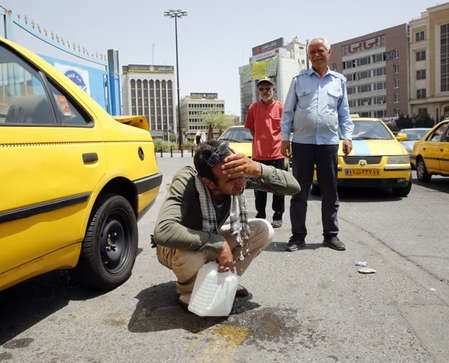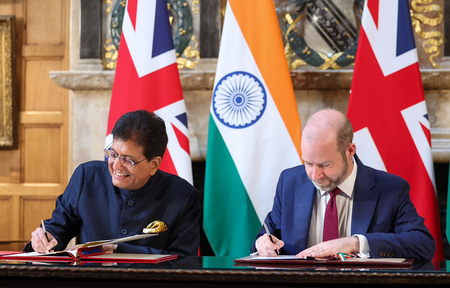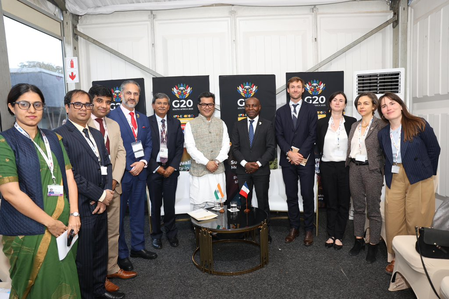
Tehran, July 24 (IANS) Iranian authorities have closed government offices in 22 provinces, including Tehran, and reduced working hours in four others to manage water and electricity shortages during a record heatwave.
The decision was made on Wednesday as temperatures exceeded 40 degrees Celsius nationwide, nearing 50 degrees Celsius in some regions, Xinhua news agency reported.
It also followed an “unprecedented” drought, with precipitation from the beginning of the current water year, which started on September 22, 2024, declining by 40 per cent from the long-term average recorded in the same period of the previous water year, the official news agency IRNA reported on Wednesday, quoting the Iran Water Resources Management.
According to IRNA, dams now hold only 44 per cent of capacity, while southern provinces like Hormozgan and Fars face total depletion.
Iranian Students’ News Agency (ISNA), citing Iranian Energy Minister Abbas Aliabadi, reported on Wednesday that Tehran’s dams recorded a 50 per cent drop in water intake.
He also confirmed a 41 per cent rainfall decrease in Tehran.
The Tehran Province Water and Wastewater Company said on Wednesday that it will suspend water supply to all public and private pools as of Thursday until further notice, IRNA reported.
During a cabinet meeting on Tuesday, Iranian President Masoud Pezeshkian acknowledged that past efforts have failed to resolve the crisis, and demanded “immediate actions”.
An analysis piece of ISNA said that decades of unsustainable farming and industrial projects in arid zones, as well as subsidised water prices are key factors aggravating the crisis.
The country has hundreds of dams, built from the 1950s onwards but the drought has significantly reduced their output. This, as well as problems with infrastructure and the heatwaves, has led to power cuts across the country.
Pezeshkian, issued a stark warning during a cabinet meeting on Sunday.
“The water crisis is more serious than what is being discussed today, and if we do not take urgent action now, we will face a situation in the future for which no remedy can be found,” Pezeshkian said, according to state media.
“In the water sector, beyond management and planning, we also need to address excessive consumption.”
–IANS
int/khz




